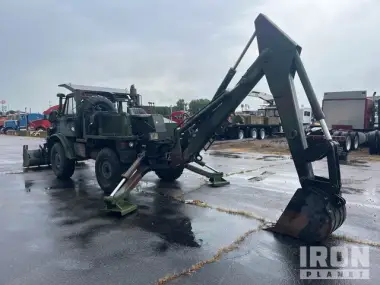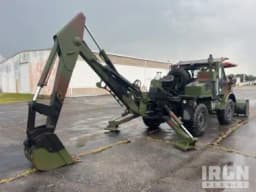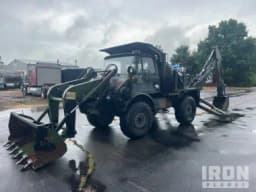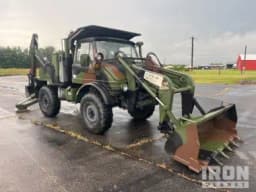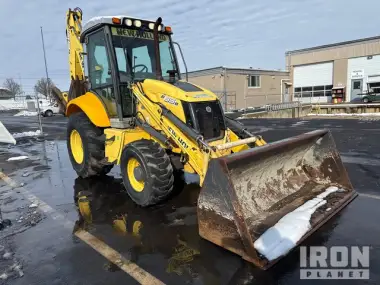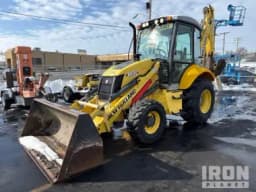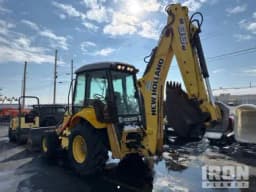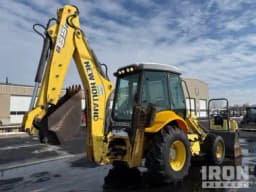Page 1 of 1
Get access to our latest deals
Related articles
New Construction Inspections: Complete Guide, Phases, and Checklist for 2025
4 Min readUltimate Guide to Heavy Equipment Maintenance Software for Contractors and Equipment Managers
4 Min readPipelaying in Construction: Methods, Equipment, Process & Jobs Guide (2026)
3 Min readBest Construction Apps: Top Tools for Builders, Managers & Businesses
5 Min read
